Teach Conflict Skills that
Build Stronger Bonds
Empower your child to resolve disagreements calmly and empathetically.
Conflict Resolution
Foundations
Expert-designed, research-backed, and ready to bring
life-changing skills into everyday learning.
Course Overview
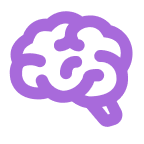 Strategies
Strategies
Develop approaches to handle conflict constructively through communication and empathy.
 Emotions
Emotions
Manage emotions in conflict using mindfulness and positive self-talk.
 Listening
Listening
Build skills in active listening and perspective-taking to reduce misunderstandings.
 Problem-Solving
Problem-Solving
Practice negotiation and problem-solving for mutually beneficial outcomes.

Course Badges
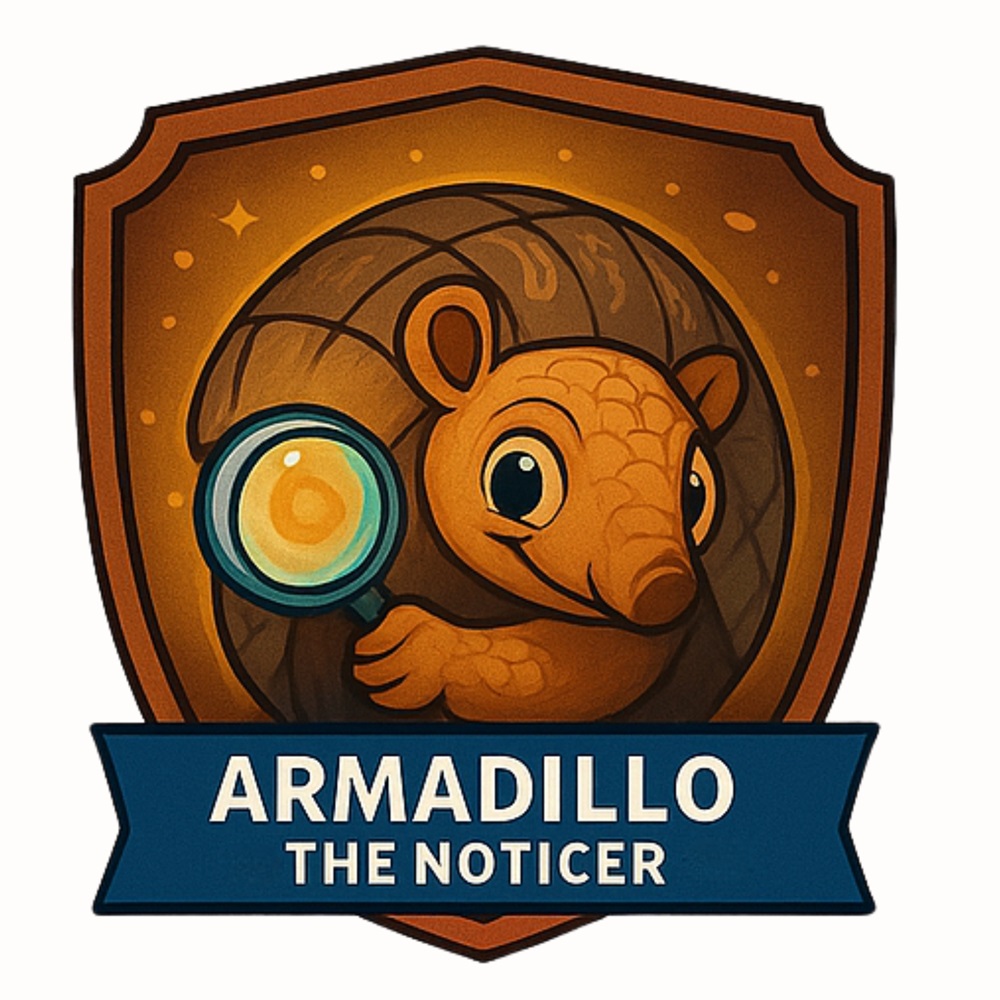
Unlocked After
Completing 1 Module
Armadillo – The Noticer
You're learning to notice when things feel off. This badge means you're building awareness — like the Armadillo, who watches first, then acts.

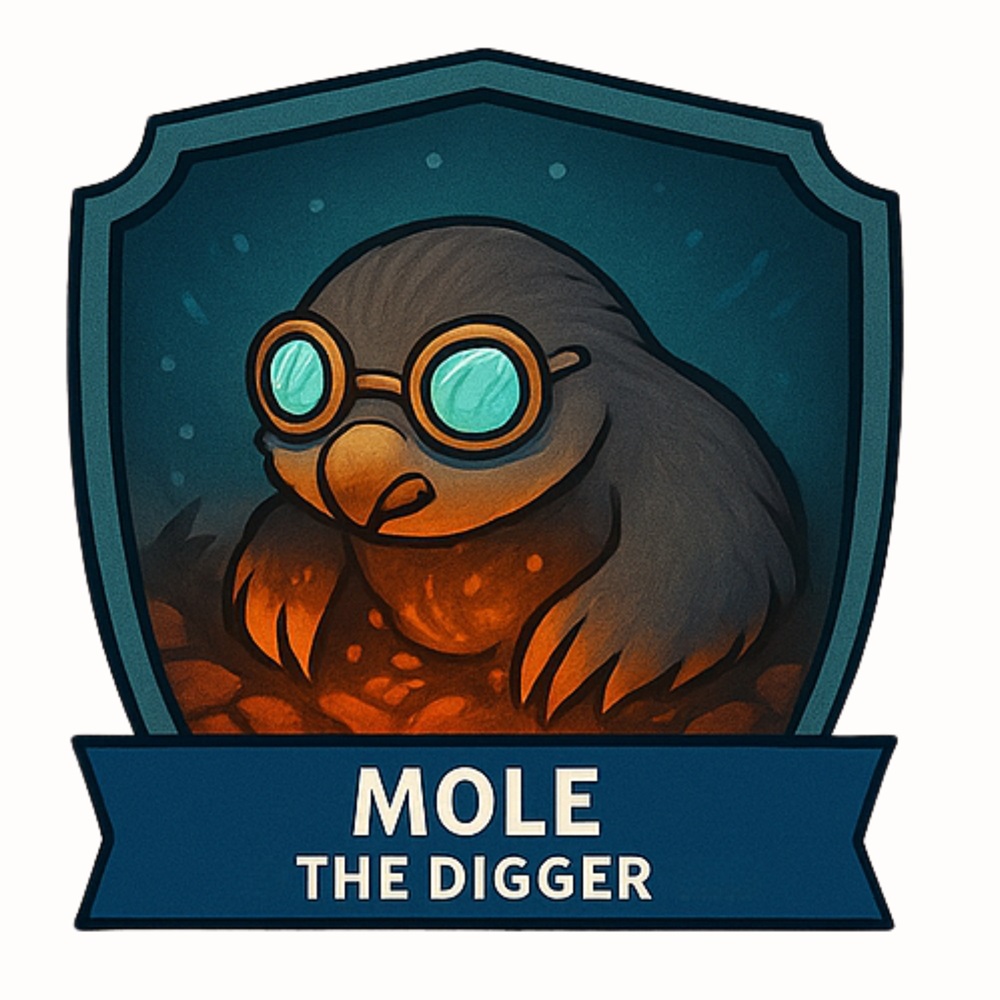
Unlocked After
Completing 2 Module
Mole – The Digger
You’ve earned this badge by digging deeper. Like the Mole, you’re beginning to ask why — and you’re unearthing the truth behind the tension.

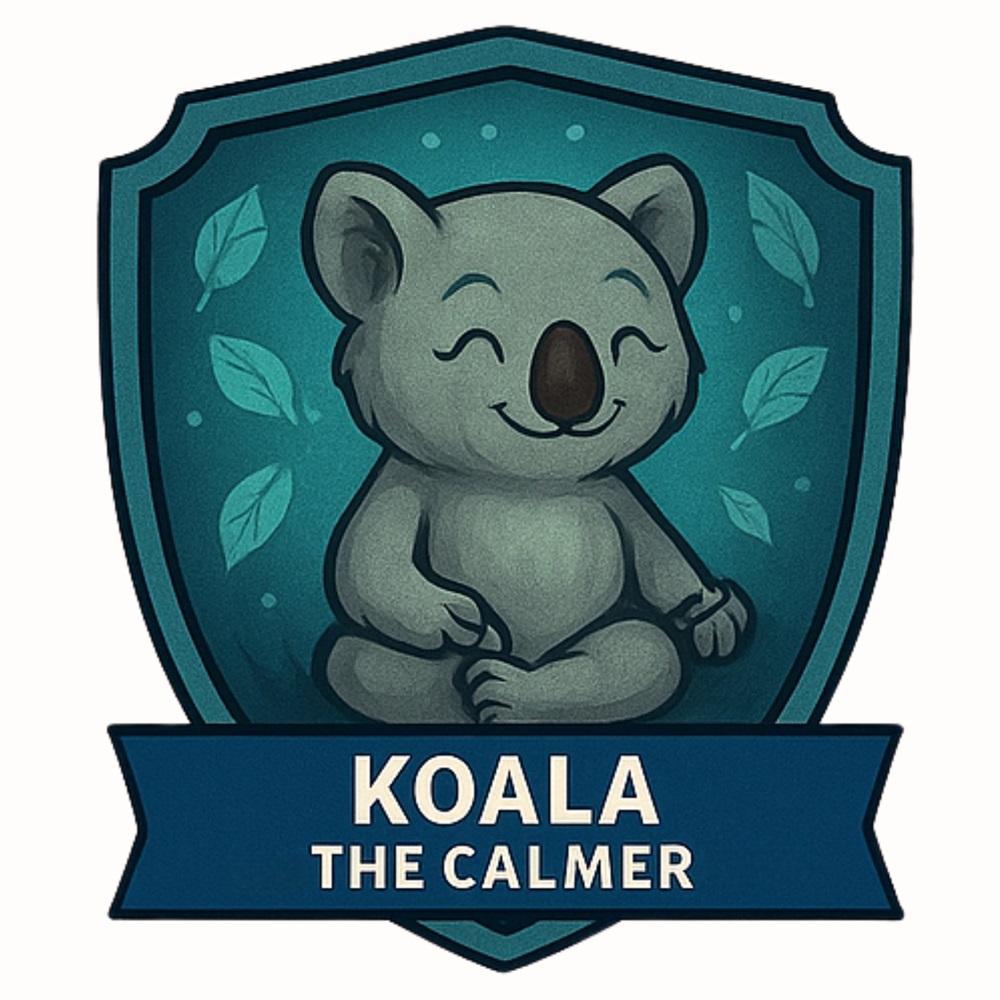
Unlocked After
Completing 3 Module
Koala – The Calmer
You’re learning to stay calm when things heat up. Like the Koala, you pause, breathe, and choose peace over panic — that’s what this badge honors.

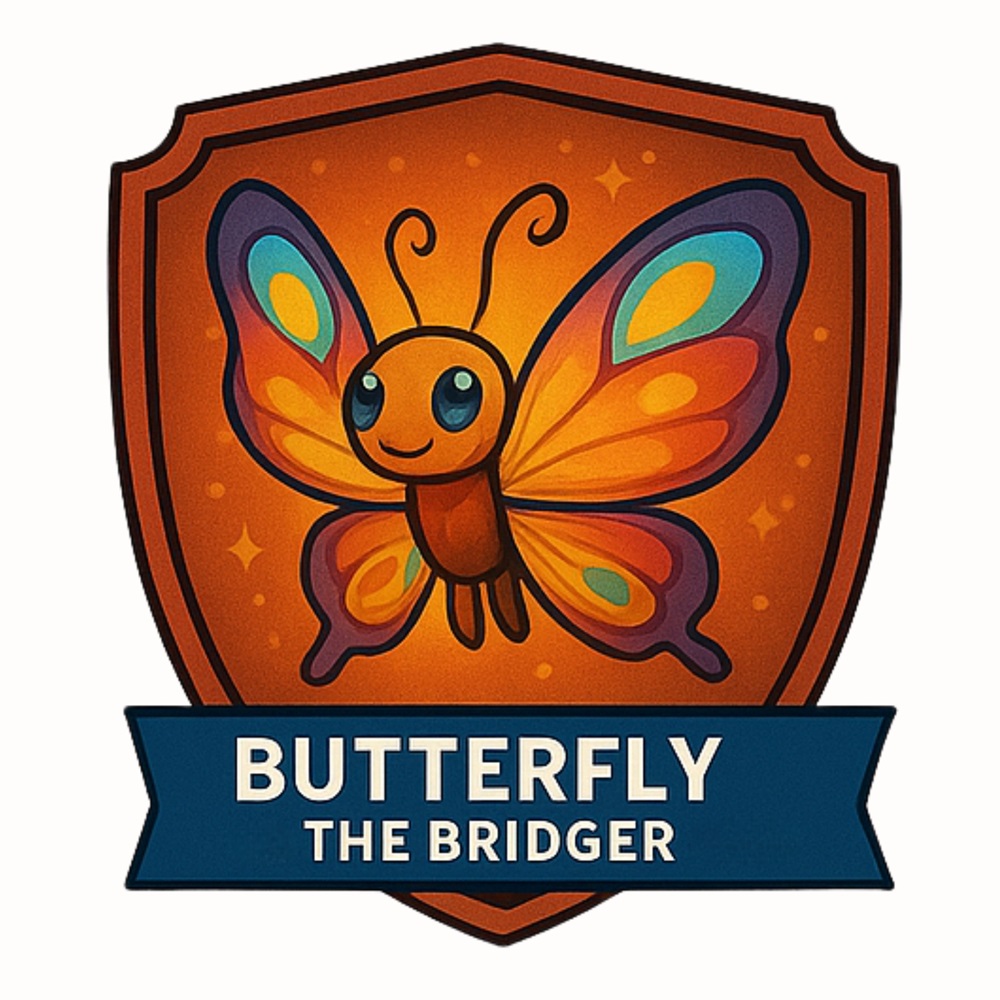
Unlocked After
Completing 4 Module
Butterfly – The Bridger
This badge shows you’re learning to see from another’s eyes. Like the Butterfly, you’ve transformed — and now you fly where others only walk.

Meet the Course Creator

Ali Dareneau
As an English teacher with dual degrees in Psychology and English Education, I enjoy helping students reach their potential, especially when it comes to English Language Arts. With over 16 years of classroom experience and working with education-based companies, I bring creativity and enthusiasm to the classroom and beyond.
I earned a Bachelor's degree in Psychology in 2007 and completed my Masters's degree in English Education in 2013 which have both shaped me into the passionate educator I am today.
My professional experience as an English teacher, curriculum designer, and writer demonstrates my passion for reading and writing and solidifies my belief that all students can strengthen their reading and writing skills no matter what level they begin their journey.

Dr. Kymberli Barker
Dr. Barker is the mother of two fantastic young men, and they are her priority in life. She holds degrees in biochemistry, math, forensics, and psychology.
She is a consultant and a professor at multiple colleges, including the Citadel, and Johns Hopkins Center for Talented Youth. She spent fifteen years in public education, prior.
Her personal focus is child advocacy and she developed the Guardian ad Litem/(GAL)/CASA program for the Eastern Band of Cherokee Indians. She is tribally and state sworn as a GAL. Her favorite thing is being a mom.
Sample Lesson Preview 
Conflict Resolution Foundations

Causes of Conflict
Emotional Hot Buttons
It can be challenging dealing with emotional hot buttons, but there are several ways to manage them effectively.
First, identify your hot buttons by being aware of situations that make you upset or angry.
Second, calm your emotions with deep breathing or counting to ten when you feel highly emotional.
Third, talk about your feelings with a trusted friend, teacher, or parent; sharing your emotions can help you feel understood and less alone. Try to always speak from your own perspective. Do this by using “I” statements, like “I feel upset when…” to express how you feel.
Fourth, stay active through sports or hobbies to release built-up stress.
Fifth, keep a journal to write about your feelings, which can help you understand and manage them better.
These strategies can help you handle emotional hot buttons in a healthy way and improve your overall well-being.
